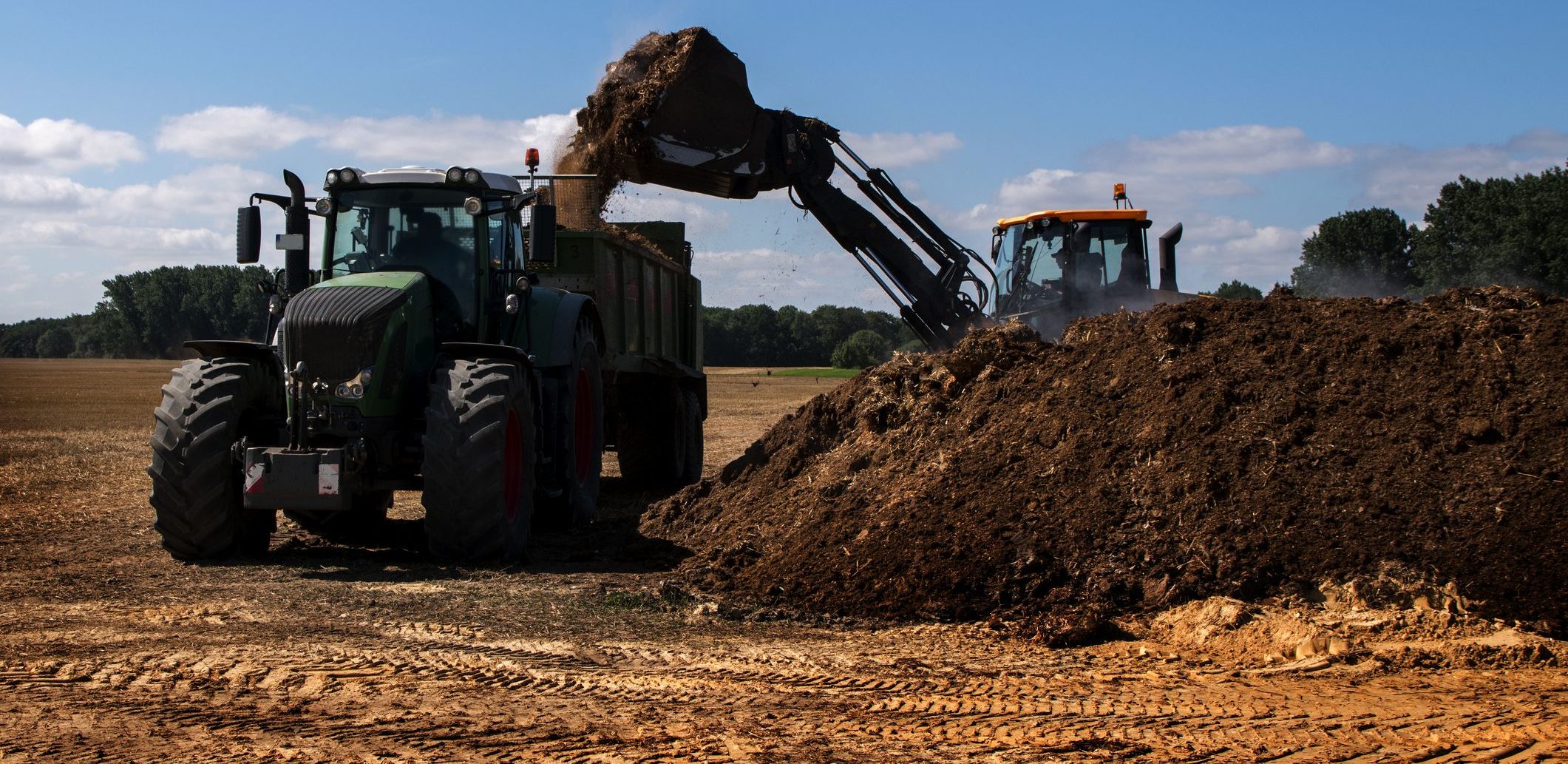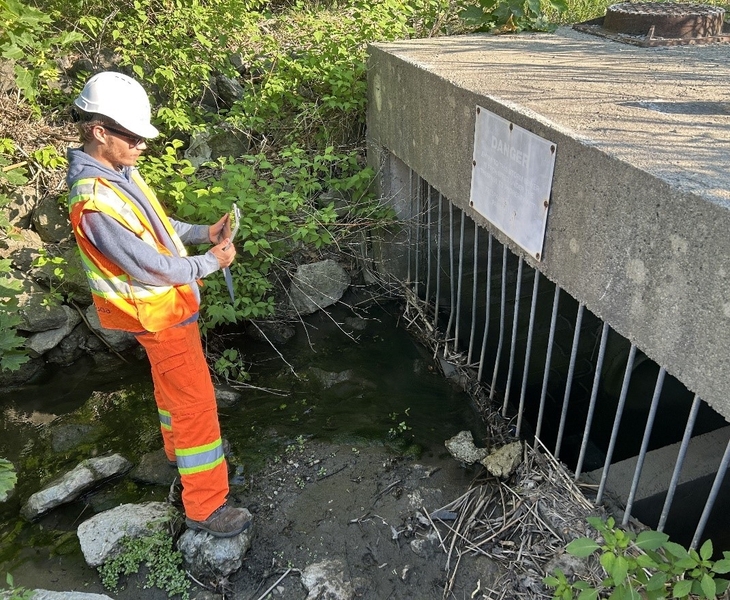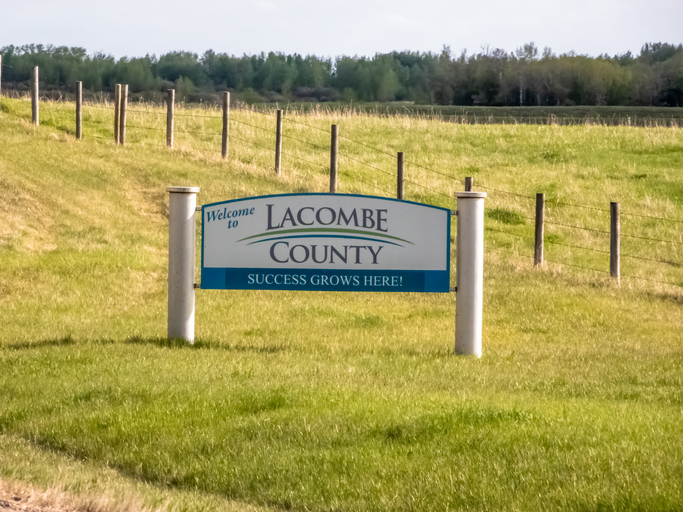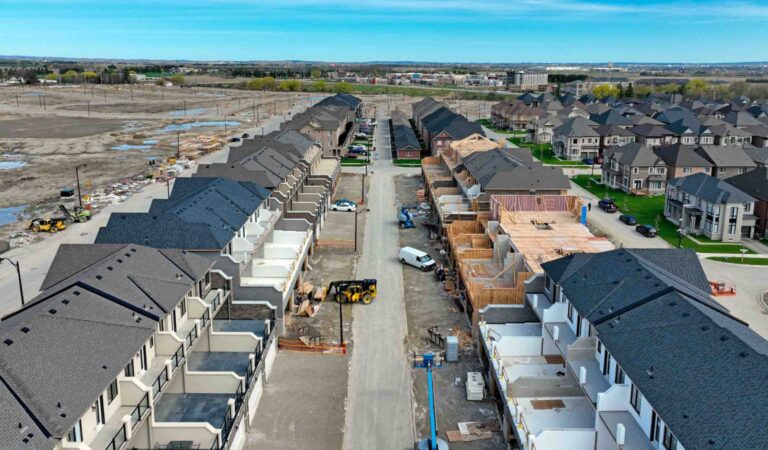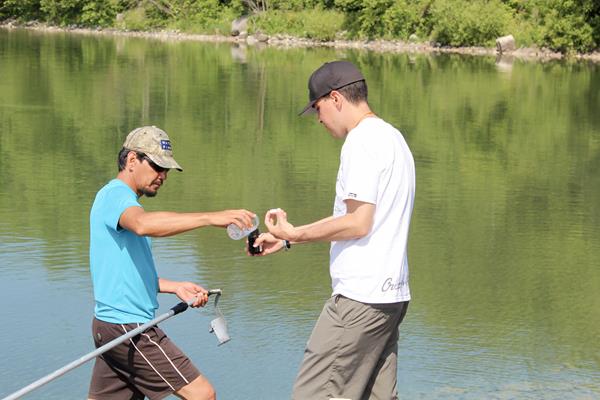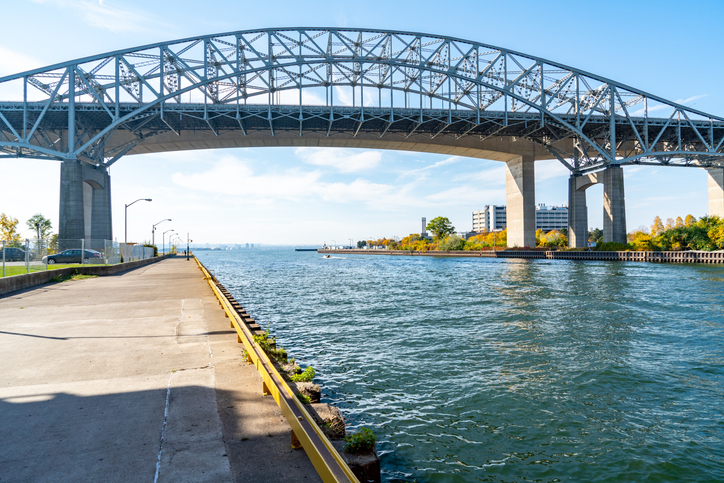British Columbia has announced new rules for agricultural waste management to better protect the province’s water and to give the agricultural sector more clarity in waste management.
The rules will come into effective on February 28th. The new regulation for Agricultural Environmental Management will replace the Agricultural Waste Control Regulation. It will enhance environmental protection measures, allow better compliance and enforcement activities, and make it easier for farmers to establish environmentally sound practices.
“We want to ensure agricultural practices are consistent with the protection of clean, safe drinking water,” said George Heyman, Minister of Environment and Climate Change Strategy. “These amendments are long overdue. We listened to the concerns and are outlining a clear and concise way forward for agricultural operators in B.C.”
The new rules were designed to help protect British Columbia’s drinking water supply and are in line with the government’s CleanBC commitments to cut pollution, meet the Province’s climate goals, and improve life for people in the province.
The regulations directly address treatment of contaminated runoff, leachate, and wastewater. Other elements within the new regulation prevent pesticides from entering watercourses via runoff, mandate strict disposal practices for mortalities to prevent water contamination, and ensures that the application of wastewater to the land must be treated in the same fashion as nutrient applications
The new provisions will:
- ensure watercourses and groundwater are protected through proper storage and use of manure, other nutrient sources and other materials;
- prevent water quality impacts from contaminated runoff;
- prohibit direct discharges;
- in some cases, require nutrient-management planning;
- allow for increased monitoring in high-risk areas;
- provide clear compliance expectations for agricultural operators for setbacks, storage and nutrient applications; and
- require record keeping.
While the new regulation comes into effect next month, the province has stated that the more complicated elements will be gradually phased in over the next ten years.
Several of the new provisions were informed by the independent Hullcar report, released in November 2017, which called for improvements to agricultural waste management in the province. Significant engagement with Indigenous groups, the agricultural industry and the Hullcar interagency working group, along with public feedback on multiple government intentions papers, helped shape the new requirements.

